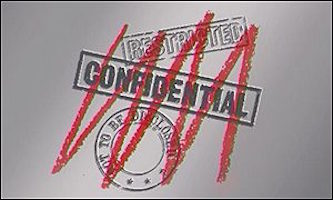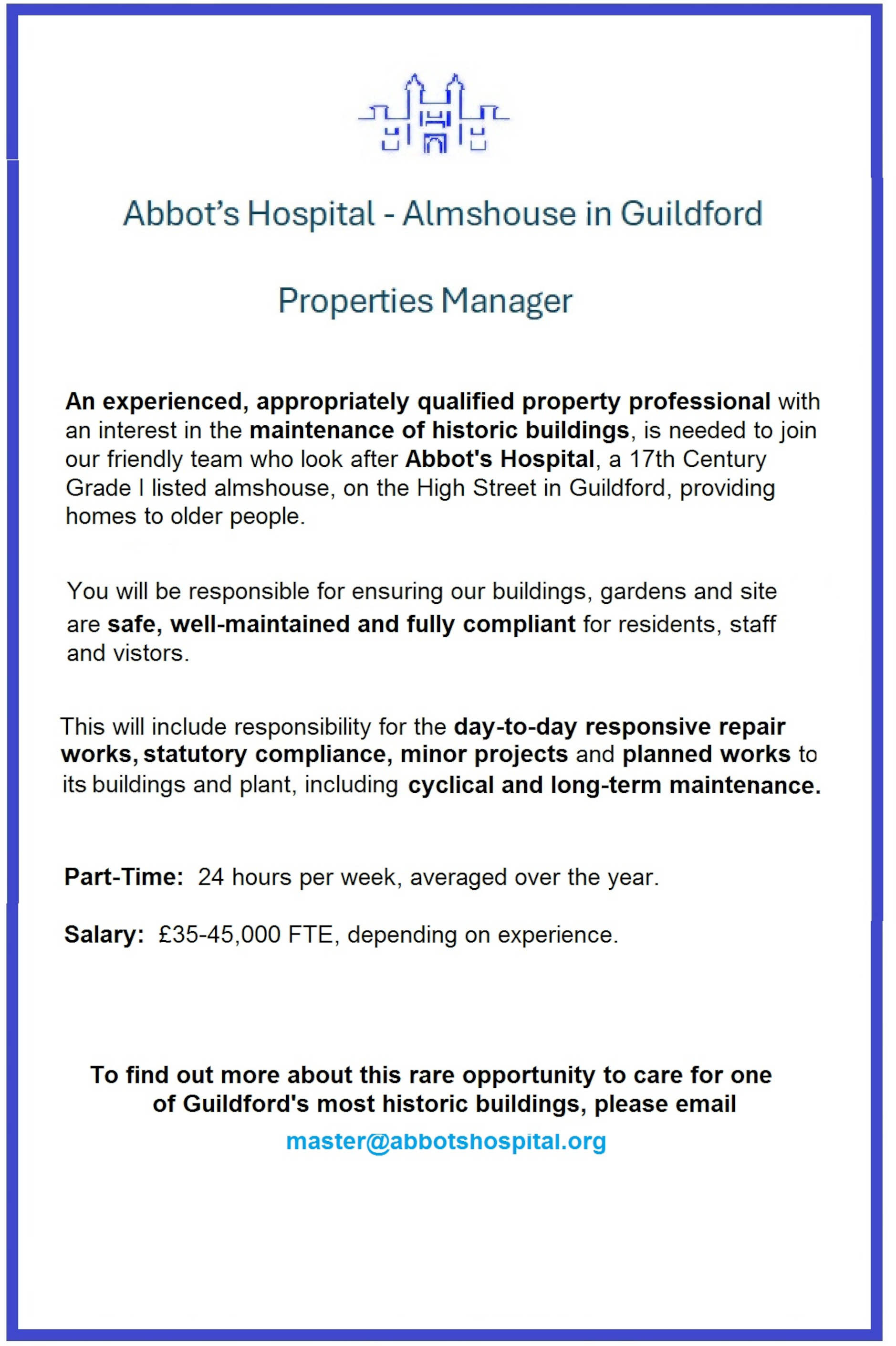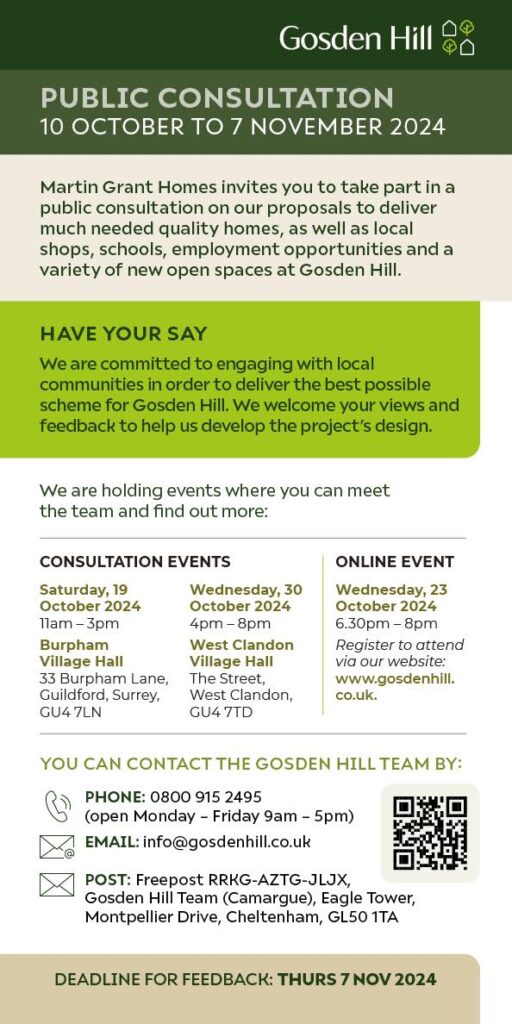 Abraham Lincoln
If given the truth, the people can be depended upon to meet any national crisis...
Abraham Lincoln
If given the truth, the people can be depended upon to meet any national crisis...
 Guildford news...
for Guildford people, brought to you by Guildford reporters - Guildford's own news service
Guildford news...
for Guildford people, brought to you by Guildford reporters - Guildford's own news service
The Dragon Says: The ‘Second Wave’ of Covid – How Worried Should We Be?
Published on: 29 Sep, 2020
Updated on: 30 Sep, 2020
 This “second wave” of Covid-19 is depressing. Depressing for our mental health, our economy, and our national, civic and recreational life.
This “second wave” of Covid-19 is depressing. Depressing for our mental health, our economy, and our national, civic and recreational life.
Six months from the first lockdown, the restrictions are beginning to feel relentless and one begins to wonder when “normal” life will return, or even if it will.
But against the background of the steep rise in infections, we should consider more positive factors.
Nationally, the increased infection rate has not translated into a commensurate rise in hospital admissions or deaths. So far.

The Covid-19 second wave graph. Source Gov.UK (click to link)
Locally, the identified infection rate is increasing, 283 new cases this week in Surrey and 31 in Guildford borough. That’s sharply up from late July when the figures were 20 and four, respectively. But thankfully, we have only a small increase in associated deaths in Surrey and the Royal Surrey has reported none since June, although there is a lag time.
See the latest Local Covid-19 stats
And testing capacity has increased and is increasing still. Understandably, the headlines have all been about insufficient capacity, reflecting the concerns of many, particularly parents, who want to know quickly if suspicious symptoms are signs of the dreaded virus or just a cold.
Testing capacity (grey) and tests conducted (blue). Source Gov.UK (click to link)
But although the government has been criticised for not anticipating greater demand for tests with the onset of autumn, with more people returning to work and students to schools and universities, the testing capacity is now far greater than in the grim days of April.
 Of course, the more tests conducted the more cases will be identified. The crucial point is how many of these cases will lead to serious illness requiring hospital treatment or ending in fatality.
Of course, the more tests conducted the more cases will be identified. The crucial point is how many of these cases will lead to serious illness requiring hospital treatment or ending in fatality.
The government, no doubt mindful of the avalanche of criticism that they did too little too late first time around, now wants to err on the side of caution. Some warnings seem dire, perhaps over the top, but in truth, the people, by and large, have throughout used their own judgement over the level of necessary compliance, and their common sense to assess the degree of risk.
Our chief constable correctly recognises there is only so much the police can do. He seems to have concluded, sensibly, that their deployment needs to be reserved for situations where situations grow significantly out of hand.
Caution and wariness are proper when it comes to this new disease but they must not blind us to the other health risks we live with all the time nor should we ignore the effect of over-zealous policies on our economy and our general way of life. We probably all know friends, relatives and neighbours who have in effect imprisoned themselves in their homes for months now, and that represents a health risk too.
Openness
When campaigning and taking power, our Lib Dem and R4GV councillors have committed themselves to improving the level of openness at Guildford Borough Council. That should be easy. GBC’s constitution says: “The council … strives to be transparent and open in all its work.” and one of its stated values in line with the Nolan Principles is: “We will be open and accountable.”
But words are cheap and the council has not lived up to them. We need to see real action, real change.
There are signs most councillors are now convinced but we can detect indications that the secrecy culture still runs deep at Millmead, it still seems to be the instinctive behaviour of some officers.
 A motion was recently passed to make justification necessary in any instance where council business and documents were to be kept from public knowledge.
A motion was recently passed to make justification necessary in any instance where council business and documents were to be kept from public knowledge.
That’s a good start but good only if openly applied.
Two tests of the council’s professed intent are coming up, first, publication of the KPMG investigation into the decision to let Burchatts Barn to a commercial enterprise and second, the power-sharing agreement between the two biggest parties, the Lib Dems and R4GV.
In the latter instance, former Conservative leader Paul Spooner (Ash South & Tongham) may well be a poacher turned gamekeeper but he is right (Can We All See the Lib Dem-R4GV Agreement Before Voting?)
We should all be able to see the details because they affect the way we are governed. And that’s the business of all of us.

"Found any?" - "Nope, it all looks green to me!" (See Opinion: The Future is Congested, the Future is Grey)
www.abbotshospital.org/news/">





Recent Articles
- Latest Evidence in Sara Sharif Trial
- Ash’s New Road Bridge Is Named – and November 23rd Is Opening Day
- Class A in Underwear Leads to Jail Sentence
- Historical Almshouse Charity Celebrates Guildford in Bloom Victory
- Notice: Shalford Renewable Showcase – November 16
- Firework Fiesta: Guildford Lions Club Announces Extra Attractions
- Come and Meet the Flower Fairies at Watts Gallery
- Updated: Royal Mail Public Counter in Woodbridge Meadows to Close, Says Staff Member
- Letter: New Developments Should Benefit Local People
- Open Letter to Jeremy Hunt, MP: Ash’s Healthcare Concerns


Search in Site
Media Gallery
Dragon Interview: Local Artist Leaves Her Mark At One of England’s Most Historic Buildings
January 21, 2023 / No Comment / Read MoreDragon Interview: Lib Dem Planning Chair: ‘Current Policy Doesn’t Work for Local People’
January 19, 2023 / No Comment / Read MoreA3 Tunnel in Guildford ‘Necessary’ for New Homes, Says Guildford’s MP
January 10, 2023 / No Comment / Read More‘Madness’ for London Road Scheme to Go Ahead Against ‘Huge Opposition’, Says SCC Leader
January 6, 2023 / No Comment / Read MoreCouncillor’s Son Starts Campaign for More Consultation on North Street Plan
December 30, 2022 / No Comment / Read MoreCounty Council Climbs Down Over London Road Works – Further ‘Engagement’ Period Announced
December 14, 2022 / No Comment / Read MoreDragon Interview: GBC Reaction to the Government’s Expected Decision to Relax Housing Targets
December 7, 2022 / No Comment / Read MoreHow Can Our Town Centre Businesses Recover? Watch the Shop Front Debate
May 18, 2020 / No Comment / Read More







Recent Comments